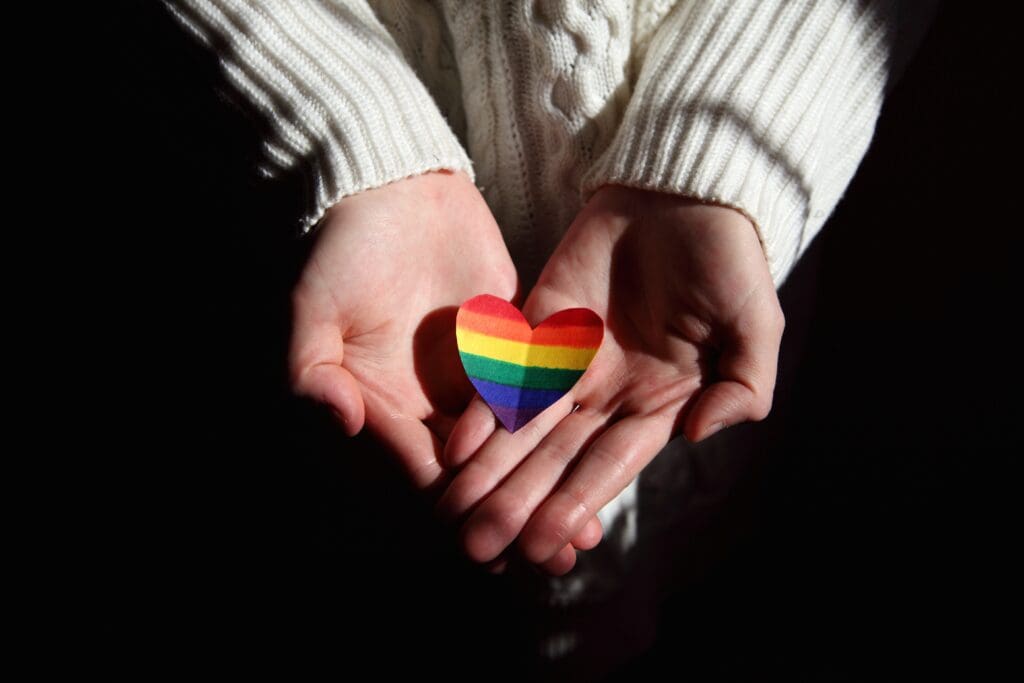

In recent years, the progress towards diversity, equity, inclusion, and belonging (DEIB) and empathy in the workplace has shown signs of stagnation. For HR leaders, it is crucial to address this issue head-on and prioritize the creation of inclusive cultures where all employees, including LGBTQ+ individuals, feel valued, seen, safe, and heard.
According to our 2023 State of Workplace Empathy Report, there is a significant gap between CEO’s and employee’s awareness of their company’s DEIB initiatives. While 87% of CEOs and 70% of HR professionals are aware of these programs, only 62% of employees possess the same knowledge. Further, 38% of CEOs, 35% of HR professionals, and only 31% of employees actually saw DEIB initiatives demonstrated in the workplace.
This gap highlights the need for increased visibility, and more importantly, engagement needed from leadership in acting on DEIB efforts.
Representation of LGBTQ+ individuals in leadership roles remains astonishingly low. According to research from McKinsey, although they aspire to top executive positions as much as their straight counterparts, there are only four openly LGBTQ+ CEOs leading Fortune 500 companies—three male, one female, and none who identify as transgender.
For those counting, that’s less than 1%, while LGBTQ+ identification is at 7.1%, according to Gallup. And in fact, three in 20 LGBTQ+ women believe their sexual orientation will negatively affect their career advancement at work. This underscores the urgency of creating safe and welcoming environments for LGBTQ+ individuals in the workplace.
By prioritizing DEIB initiatives, fostering an inclusive culture, and addressing the unique challenges faced by LGBTQ+ employees, we can create environments where everyone feels valued and empowered.
There is an opportunity during Pride Month to reaffirm our commitment and take concrete steps towards building a more inclusive future for all. Empathy can’t wait.